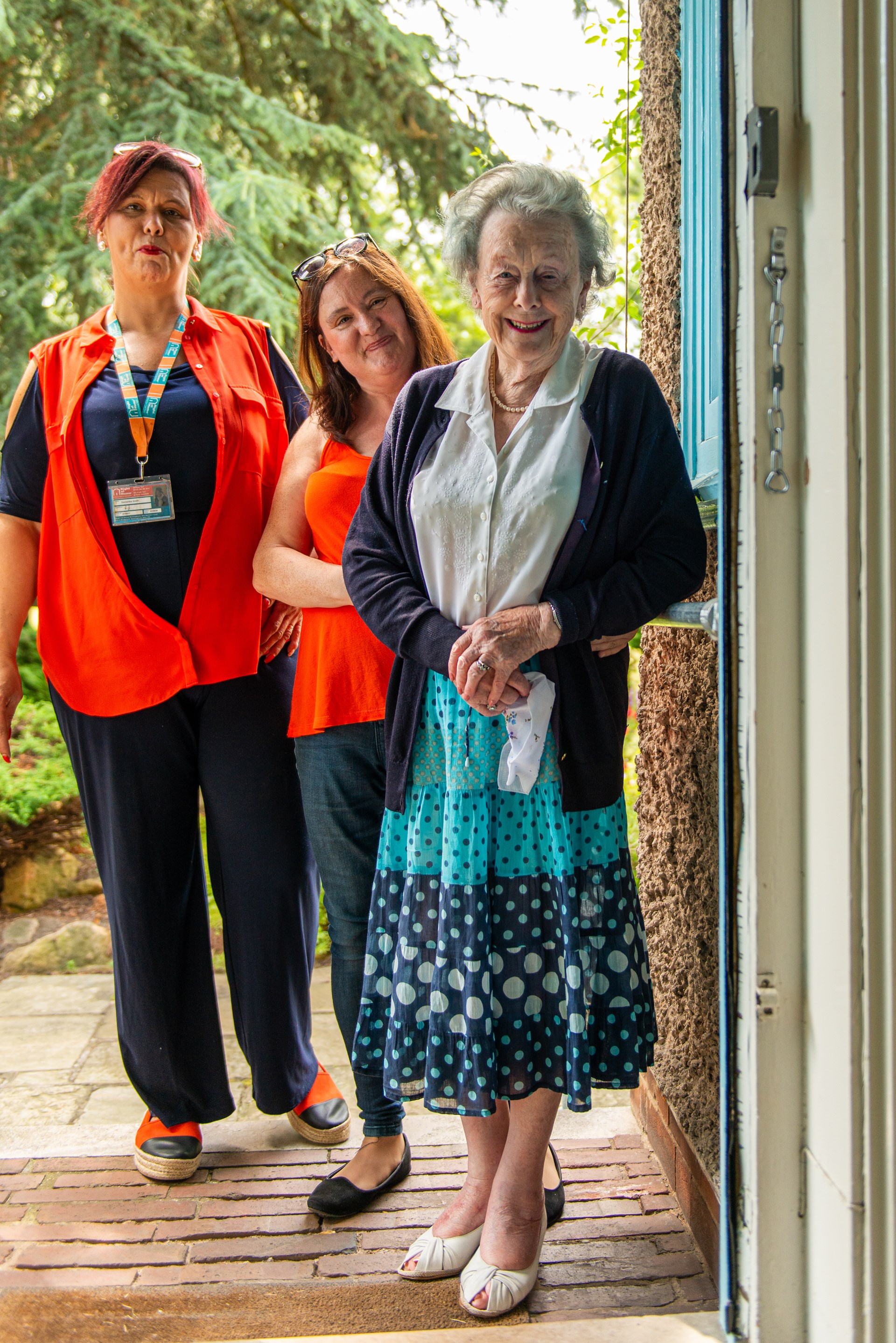Caring for an Ageing Parent

Published: 16/07/2024
Caring for an Ageing Parent
Self-Care for CareGivers
Caring for an ageing parent can be emotionally and physically draining. It’s essential to prioritise self-care to avoid burnout. Consider incorporating the following practices into your routine:
- Respite Time: Regular breaks are crucial. Arrange for someone else to take over caregiving duties periodically so you can recharge.
- Physical Health: Maintain a healthy lifestyle by eating well, exercising, and getting enough rest.
- Emotional Well-Being: Seek support from friends, support groups, or a therapist. Acknowledge your feelings and allow yourself to grieve or feel frustrated when needed.
- Consider taking a first aid and a moving and handling course. For your own safety and well-being, as well as that of your parents, a moving and handling course will make life easier for both of you. Similarly, if your parent is living with you, the likelihood of a medical event occurring when you are there is higher. Giving timely care may be critical, especially in an event where CPR or chocking prevention may be required.
Right at Home - Leeds East offers free training for unpaid family carers.
Please call or email for the next course.
Legal and Financial Planning
Navigating legal and financial matters is essential when caring for ageing parents. Consider these steps:
- Power of Attorney: Ensure your parent has designated someone (usually you) as their power of attorney for healthcare and financial decisions.
- Estate Planning: Discuss wills, trusts, and inheritance with your parents. Consult a lawyer if necessary.
- Long-Term Care Insurance: Investigate whether your parent has long-term care insurance or explore options if they don’t.
If you are looking for legal or financial planning, we make a point of not recommending one specific firm, but we do have a list of friendly firms that you may use as a short list. Please email us if you need some help.
Social Engagement
Isolation can negatively impact your parent’s well-being. Encourage social interaction:
- Community Programmes: Explore local senior centres, clubs, or activities tailored for older adults.
- Technology: Teach your parent to use video calls or social media to stay connected with family and friends.
- Volunteering: Engaging in volunteer work can provide a sense of purpose.
End-of-Life Conversations
While difficult, discussing end-of-life wishes is essential:
- Advance Directives: Ensure your parent has documented their preferences for medical treatment, resuscitation, and organ donation.
- Quality of Life: Talk about what quality of life means to them and how they envision their final days.
Safety and Technology
Implementing technology can increase safety and socialisation for seniors:
- Smartphones and IoT: Equip your parent with a smartphone that has GPS and connect home devices via the Internet of Things (IoT) to monitor safety.
- Home Safety: Remove tripping hazards like doormats and decorative tables and ensure the bathroom has grab bars and a high toilet seat.
Preventing Falls
Falls are the most common cause of injuries in seniors. Take action to prevent them:
- Home Adjustments: Replace deep carpets with hardwood floors and ensure your parent has anti-slip footwear.
- Regular Check-Ups: Schedule regular health check-ups to monitor and address any mobility issues.
Further information on “Fall’s Prevention” can be found here.
The citywide “Leeds Community Falls Service” can be found here.
Home Modifications
Adapting the home environment to meet your parents needs is crucial. Consider the following modifications:
- Accessibility: Install grab bars, ramps, and nonslip flooring to prevent accidents.
- Bedroom Comfort: Adjust the bedroom layout for convenience. Consider a hospital bed if necessary.
- Kitchen and Bathroom: Make sure these areas are safe and accessible.
Combating Loneliness
Loneliness can have harmful effects on health, similar to smoking. Encourage socialisation to improve well-being:
- Social Media: Help your parents get connected on social media platforms to stay in touch with loved ones.
- Activities: Encourage participation in activities like tai chi or other group exercises to foster social connections.
Remember, each caregiving journey is unique. Adapt these ideas to your specific situation, and always prioritise empathy, patience, and compassion.
If you require help having some of these conversations, please feel free to call us for advice or assistance.

